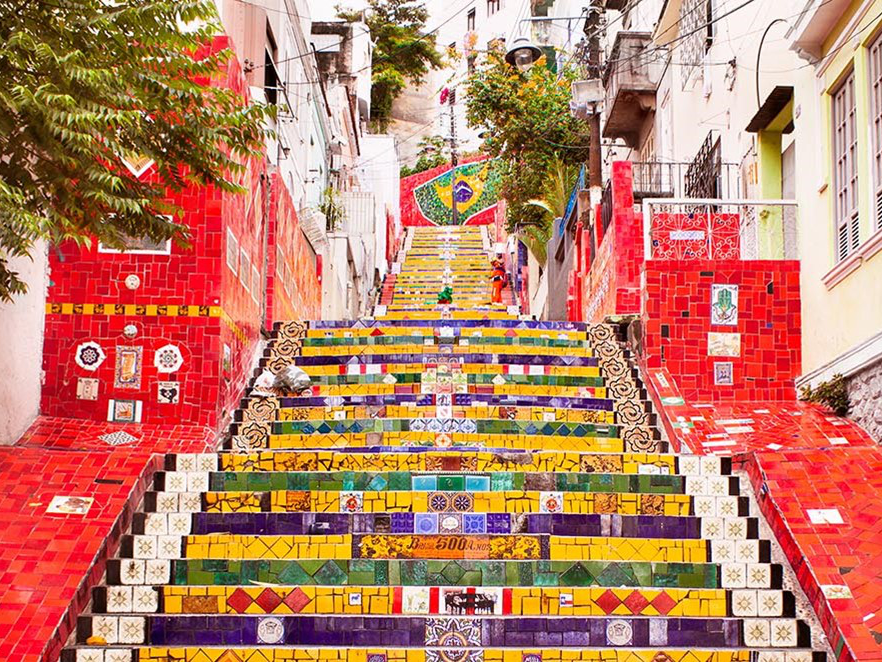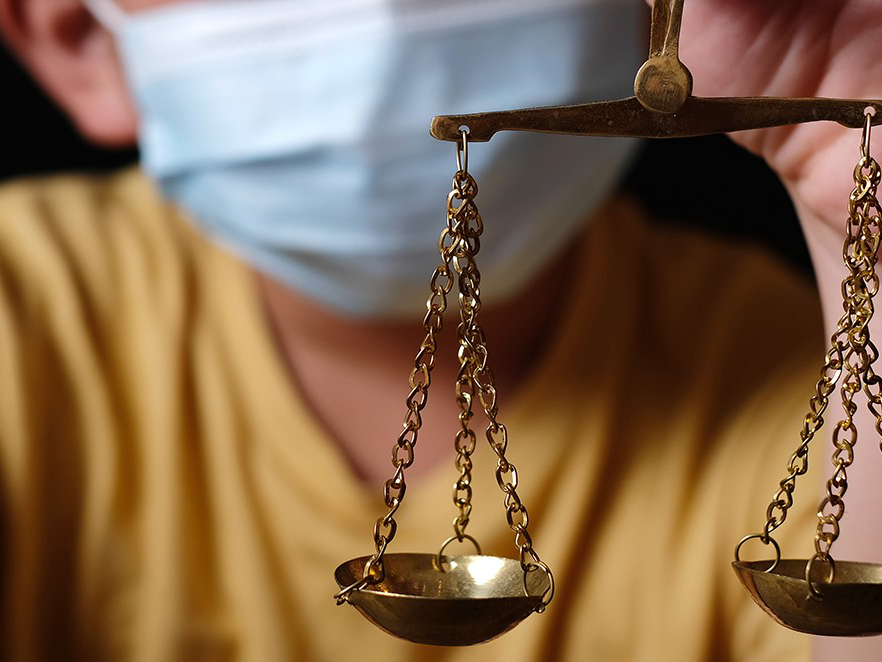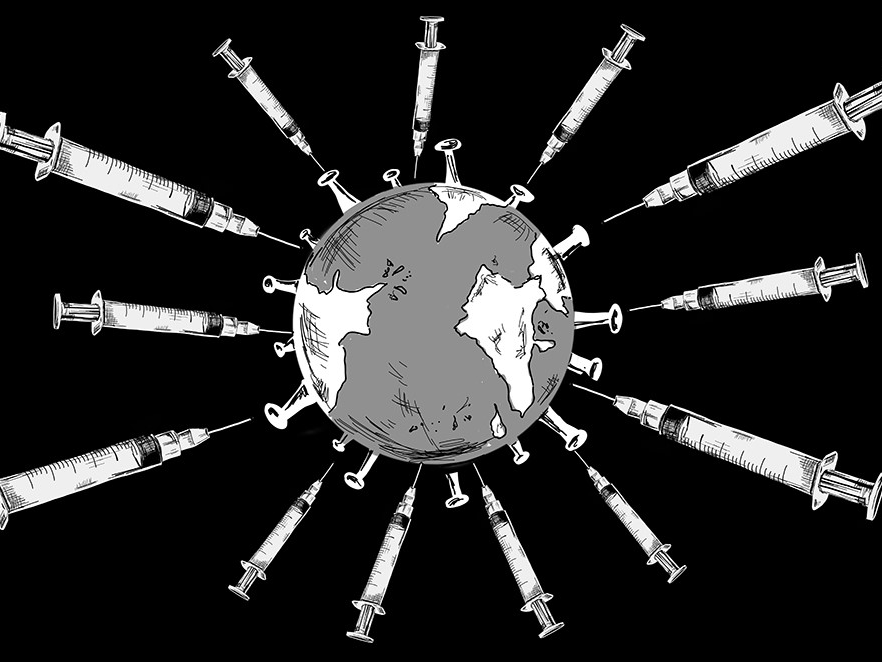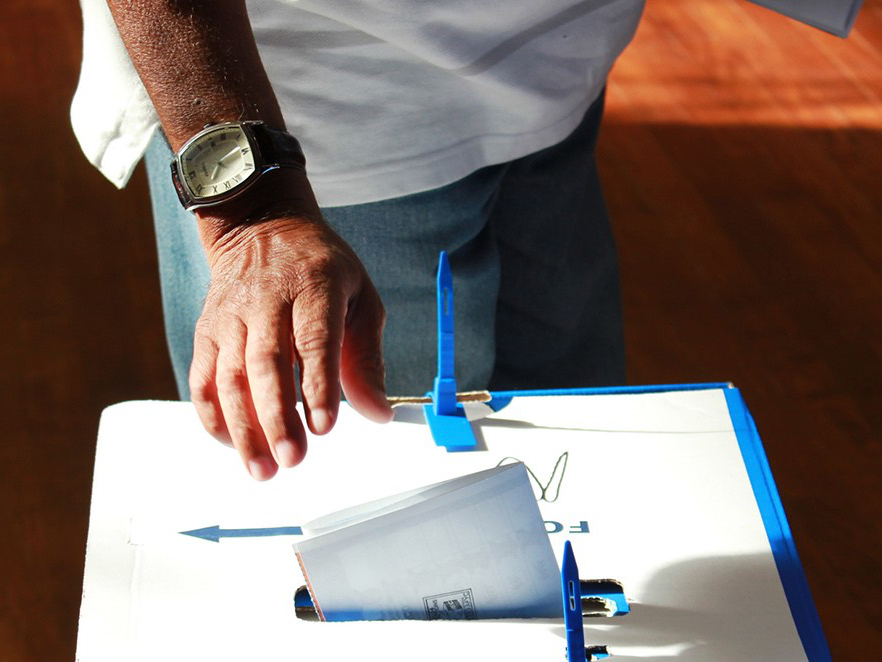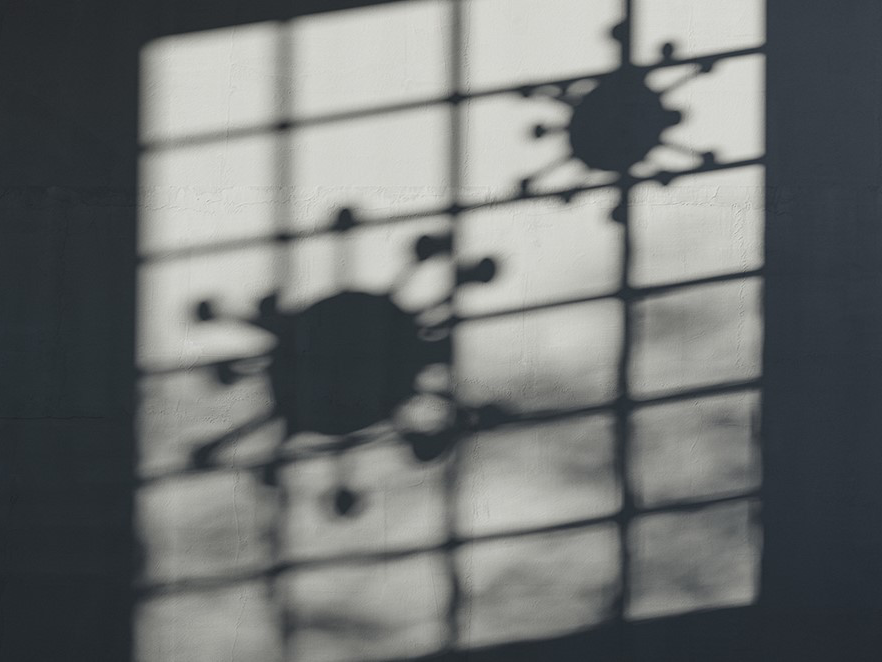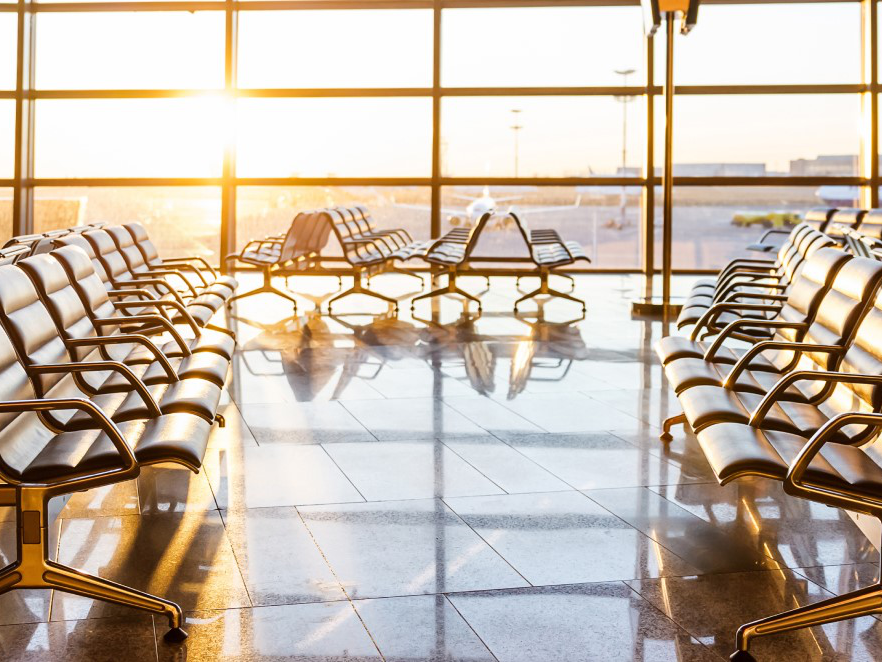The upcoming presidential election taking place in October is dominating the conversation in boardrooms and cafes here in Sao Paolo and across Brazil, with the contagion risk emerging from Turkey and Argentina relegated to a secondary issue. On the political front, the run for president remains uncertain; Luiz Ignacio “Lula” da Silva registered his official candidature and stated his intention to run, but he is currently serving a 12-year jail sentence for corruption and money laundering and has been banned from standing as a candidate or running campaign advertisements, most recently in a court ruling in early September.
However, an appeal has been lodged with the Supreme Court and no one is ruling out the possibility of further twists and turns as this political Houdini attempts to secure immunity through election. In the interim, in an echo of events elsewhere, another PT stalwart, Fernando Haddad, has been lined up to stand in Lula’s place if his appeal fails, and the party will be hoping that much of Lula’s support transfers to him. Jair Bolsonaro remains a strong contender, followed by Marina Silva and Geraldo Alckmin, who after forming a coalition with centre parties may start gaining momentum. Given the fragmented scenario, candidates that poll as little as 15% of the vote may well qualify for the run-off.
So Lula remains the spectre casting a shadow across the economy, but regardless of who wins, the failure of President Temer and his administration to tackle the fiscal deficit through social security reform simply underlines the political challenges the incoming Government will face. Early confidence in this outcome has faded somewhat, but a period of stability post-October will be key to helping local capital markets to normalise, and until then we expect a period of heightened volatility and continued BRL weakness.
